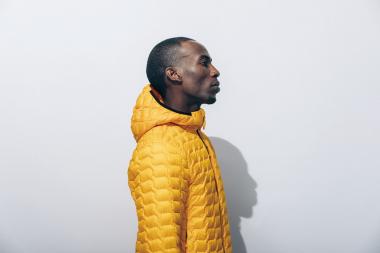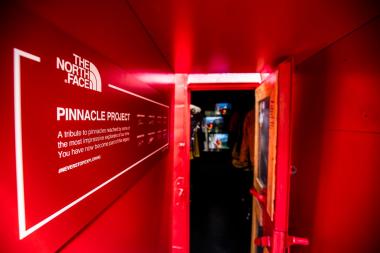Cascale announces new CEO
Cascale, a non-profit alliance for driving impact in consumer goods (formerly the Sustainable Apparel Coalition), announces Colin Browne as its new Chief Executive Officer, effective May 1, 2024.
Browne previously served as Interim CEO and Chief Operating Officer of Under Armour, a Cascale member. During his tenure at Under Armour, Browne oversaw sustainability efforts and, in addition, led significant transformations across supply chain, go-to-market and technology. In 2023, the company shared achievements related to its environmental footprint, product circularity, and renewable energy goals – some accomplished with Cascale’s Higg Index suite of tools.
Prior to joining Under Armour, Browne was managing director of Asia Sourcing for VF Corporation, a Cascale member that includes The North Face, Timberland, Vans, and Smartwool brands. In addition to his experience leading brands, Browne also spent four years running manufacturing plants in Thailand and began his career at Bally Shoe factories in the UK. He has lived and worked in the UK, South Korea, mainland China, the Philippines, Thailand, Hong Kong SAR, and the USA; his international experience and localized approach underscore his commitment to Diversity, Equity, and Inclusion (DEI) both in and outside of the workplace. Browne also served as the Chairman of the American Apparel and Footwear Association and was on the board of the World Federation of Sporting Goods Industries. As a member of the Worldly Board, the leader in environmental and social impact data for the apparel and footwear industry and the exclusive platform for Cascale’s Higg Index tools, Browne will ensure a unified approach to advancing sustainability initiatives across both organizations.
During his first 100 days with Cascale, Browne will connect with the organization’s 300+ members across the value chain, emphasizing manufacturer engagement and relationship building. He will also engage Cascale’s broader ecosystem of stakeholders including NGOs, governments, and academia. Browne is personally committed to Cascale’s vision to lead the consumer goods industry to combat climate change, foster decent work for all, and build a nature-positive future.
Cascale










